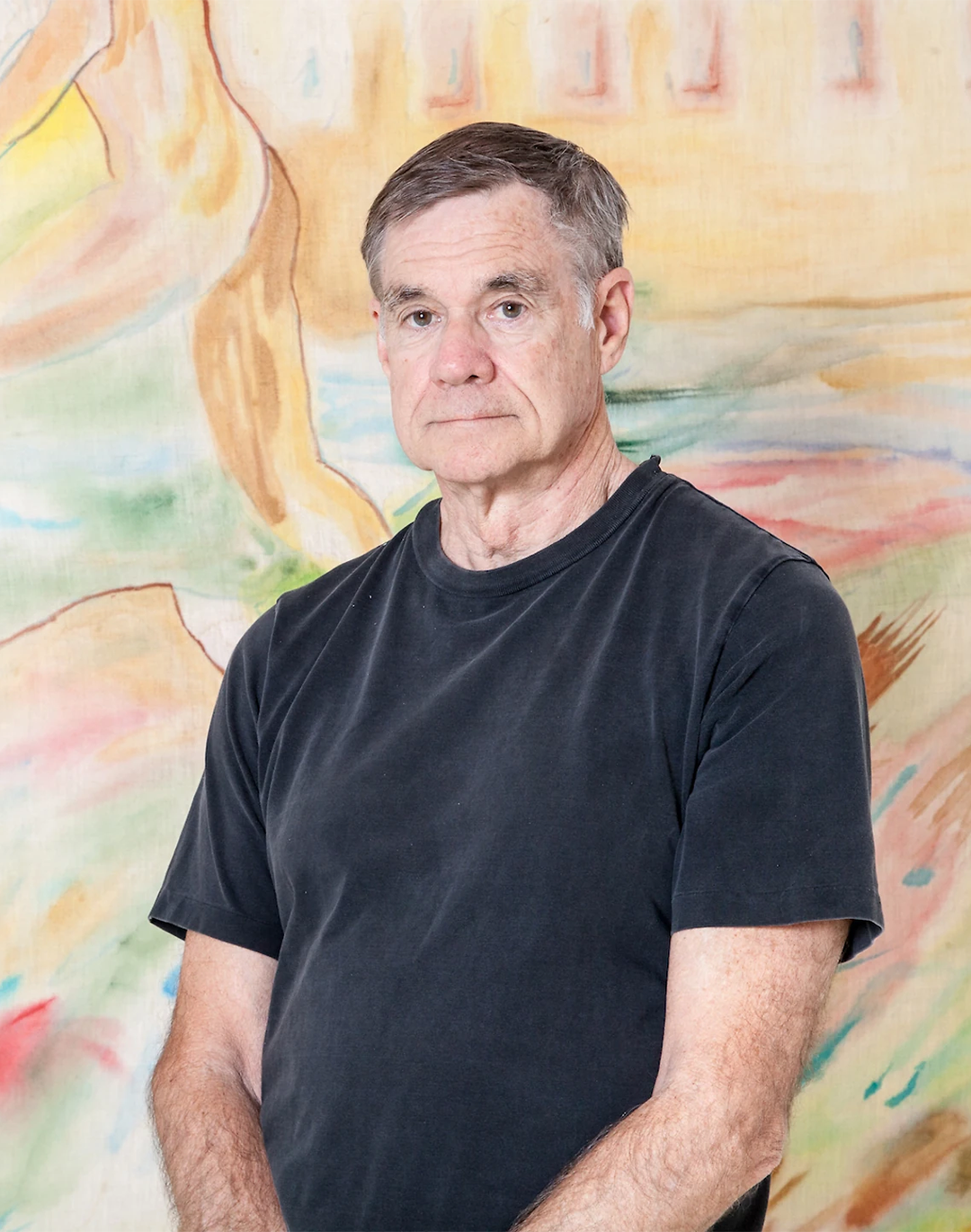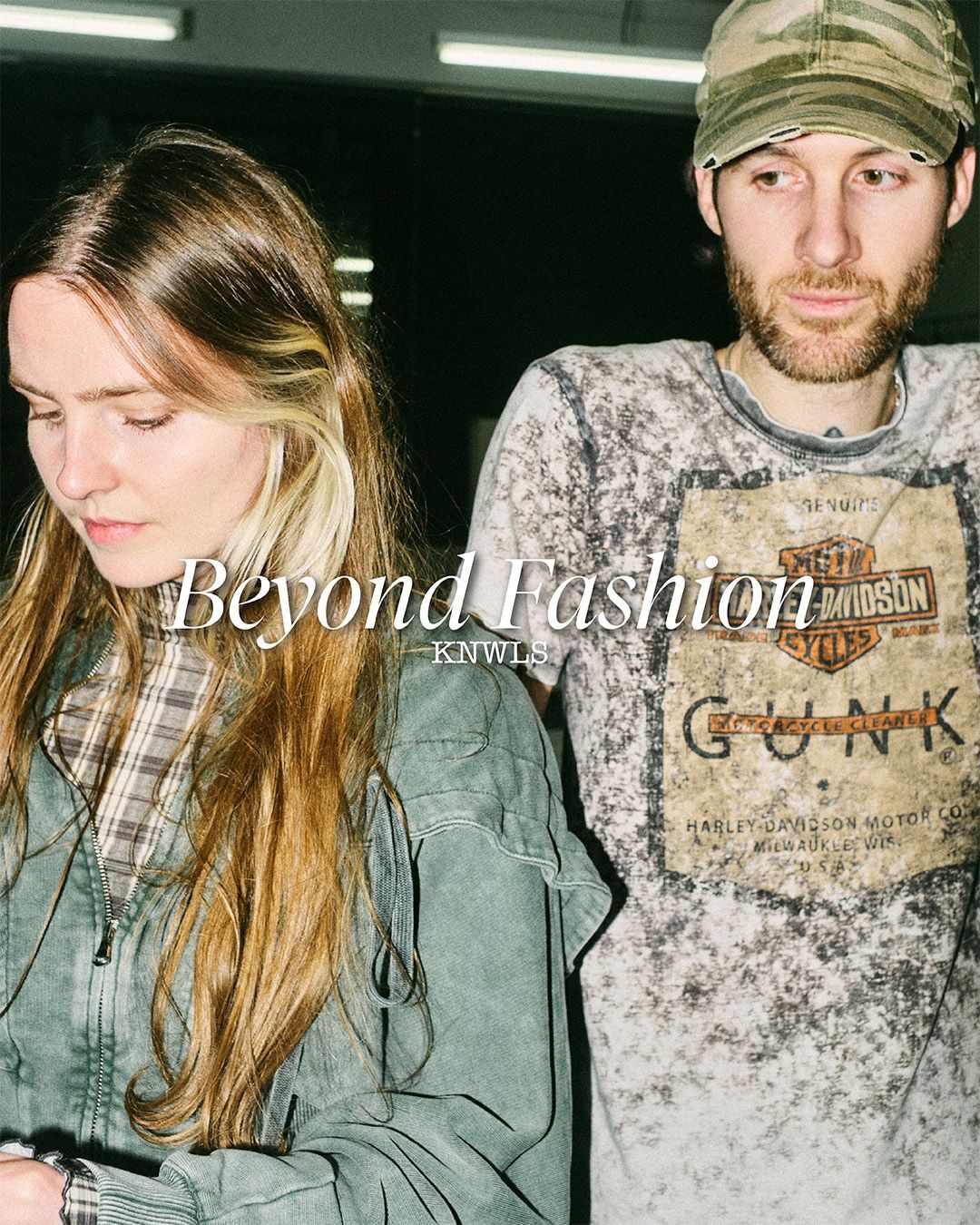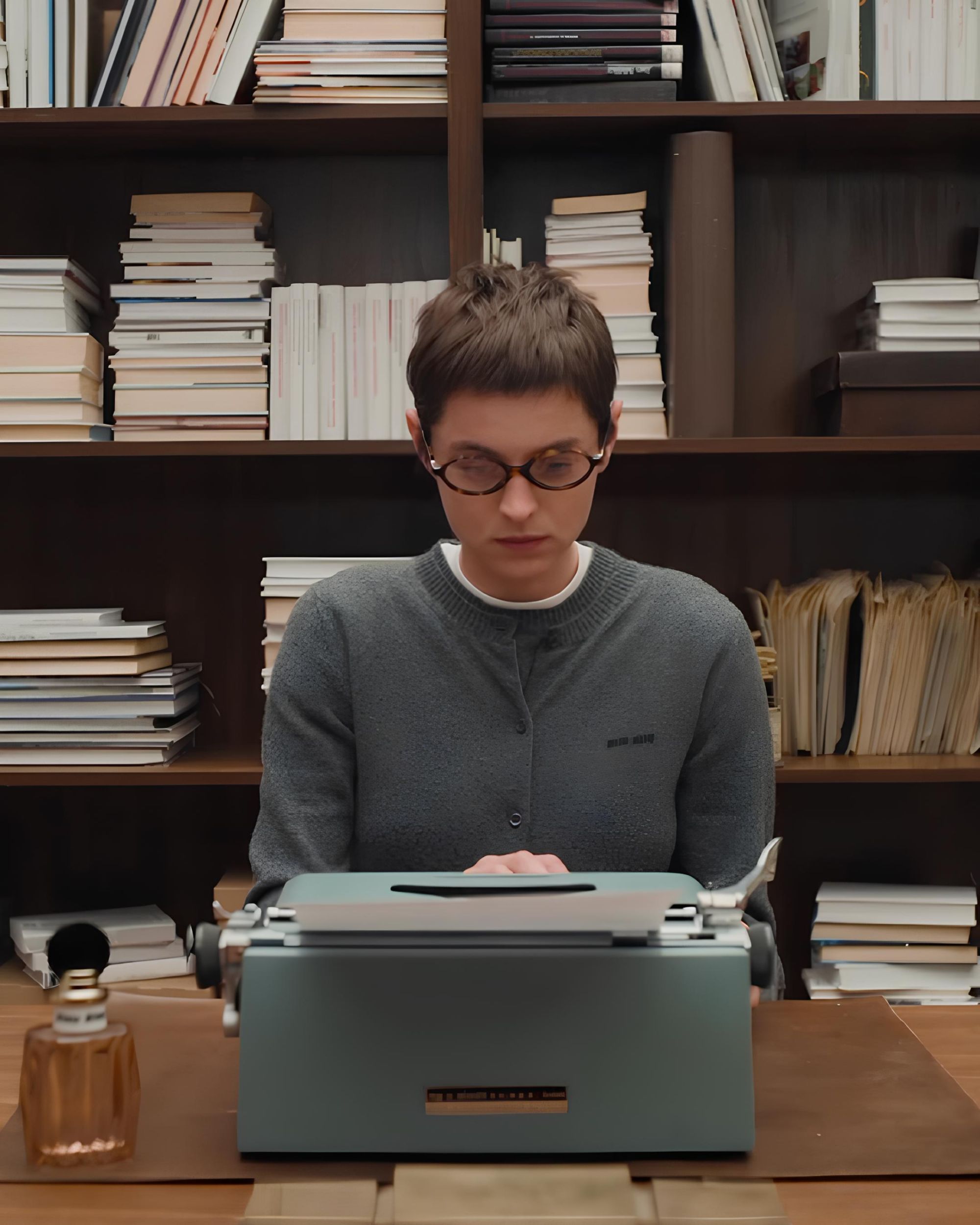
How to disappear completely - from the web We interviewed Andrea Quartarone to investigate the importance of media presence
Have you ever thought of eliminating your presence from the virtual world? Those pesky mailing lists to which you do not remember the account - or even signing up -, from now on that will not be a problem anymore! In the wake of recent events such as the publication of Hillary Clinton's private e-mails and English new law on the publication of the browser investigations of British citizens, two Swedish developers have created deseat.me, a website that allows the cleaning of your online presence. Following the Google Security Protocol is required no information about personal information; the browser limits itself to track and if desired, remove the various account connected to us. Once you logged into the website it scans the various access platforms, applications, social networks and websites that took place via your computer (and not on the server) allowing the maintenance of privacy safely. Intrigued by this new possibility, we have investigated the importance of the web and online presence with Andrea Quartarone, a professor at the Bocconi University.
#1 You had the opportunity to try deseat.me, what's your opinion?
I think it does a different job from what it promises. The site is linked to your Google Account, and it does a census of all the open accounts in your name, asking which you want to keep and which to close. The problem is that to make cleaning of old or unused accounts, the site refers you to the individual pages of unsubscribing of the various platforms. It is understandable, but at this point, you have to retrieve your username and password for all portals and this entails - if we grant that you be able to remember them or find them in your digital archive - a great expenditure of time. And you end up thinking that, after all, is not worth the effort. What deseat.me does, however, it gives you an overview of a thousand platforms that you signed over time. It is a journey in time and extraordinary memory, which holds surprises (I discovered It has over time used antivirus more than malware have ever hit me, or still have active subscription to IMDB Pro payment, unused for years). The fact remains that the basic idea is brilliant and very current, which intercepts major themes, not yet fully viewable. Let me give an example: to us is unknown the daily life of the previous generations (what we know of the loves of our parents? Not: what they wanted to tell us) and we will be the first generation whose past, thanks to our digital presence, will be perfectly reconstructed also in the future, potentially forever. And the fact that it can remain a long memory, and also very precise, of our lives, could become tomorrow a social disintegration mechanism. In a few years, we were born or grew up with social, will co-exist as elders, offline, and how eternally young, online. A mechanism that could have unpredictable impacts on personal identity concepts and inter-generational relational structures.
#2 How important is the influence of Internet on the current labor market?
Internet revolutionized it. I usually do this example, which well defines the distance between the old and the new world: in 2003 I was the first - and thankfully last - stage of my life when I am asked - via text message - from the TV program producer was working for write a short report on the Milanese student riots of 1977 (of which I knew then little or nothing). The phone was just a phone, I had a laptop, there was no wifi and even if I had a computer and a connection did not know where I could find the information required.Quindi me, I go to the library, wait for my turn to access the computer with the database, try the material (articles and books), I request the material, read the material, take notes (always paper), I go to the computer room, the other queue to find a location, open my word, copy the data, I put them in a beautiful, and I send the email. Time required to do all this two hours / two and half hours. Today, ten years later, all this can be done in less than 10 minutes. Today we really have the world in our pockets, and not just a world of knowledge, but also of human relations and possibilities. The problem that arises if it is to get it out of his pocket and put it back. But it's a long speech, we do it again.
#3 The new media have greatly influenced new generations...
We assume that digital media, the media in general, are a tool, neutral by definition. It is the use made of it to determine any effect on who uses it and - more generally - some impact on society. The millennials, digital natives, have for example the remarkable capacity of synthesis and selection of information because they are used to being bombarded by the input thousands every day. In contrast, the cognitive content selection mechanism to someone is a bit 'too pronounced, going so far as to accept only self-confirmatory information cluster, with little room for the development of critical thinking. In any case, I am optimistic: born into a digital world means learning the rules from an early age, and therefore possess them better than someone who has witnessed the digital revolution as an adult. Technological natives have intrinsically acquired the ability to play these instruments. Think of New York, okay? The people who go on vacation they'll completely different things from those that live there and have only superficial knowledge of its attractions and its mode of operation. Well, the young are born in New York.
#4 If you could, how many and which social networks will you delete?
Twitter and Facebook for the concept of fake news "user-generated". The post-truth is a cultural, social and political phenomenon development in which many people think is due to the internet and social but you have to make it clear that the issue of information bias is very old. Traditional media - television and newspapers - often are not neutral in reporting news, with more or less accentuated distorting processes. We know that this newspaper is more or less close to our values, to our feelings, and we choose it or reject the essentially based on assumptions that because people, basically, they prefer to feed on self-confirmatory information flows. But it is a game with their hands revealed. Internet and social media instead offer such tools for creating and sharing content - and debate around these - it has become extremely difficult, to tell the truth in the chaos of information by an interpretation. Extrapolate their own critical thinking on the truth regardless of the influence of his interpretation is one of the great challenges of this century.
The importance of social networks and their impact on our society in ten years since their debut is undeniable but this gradual normalization where will conduct us? Passing a lifetime posting and sharing our everyday life, there will come a time when one of us will exist only on these platforms ... what about the right to be forgotten?

















































